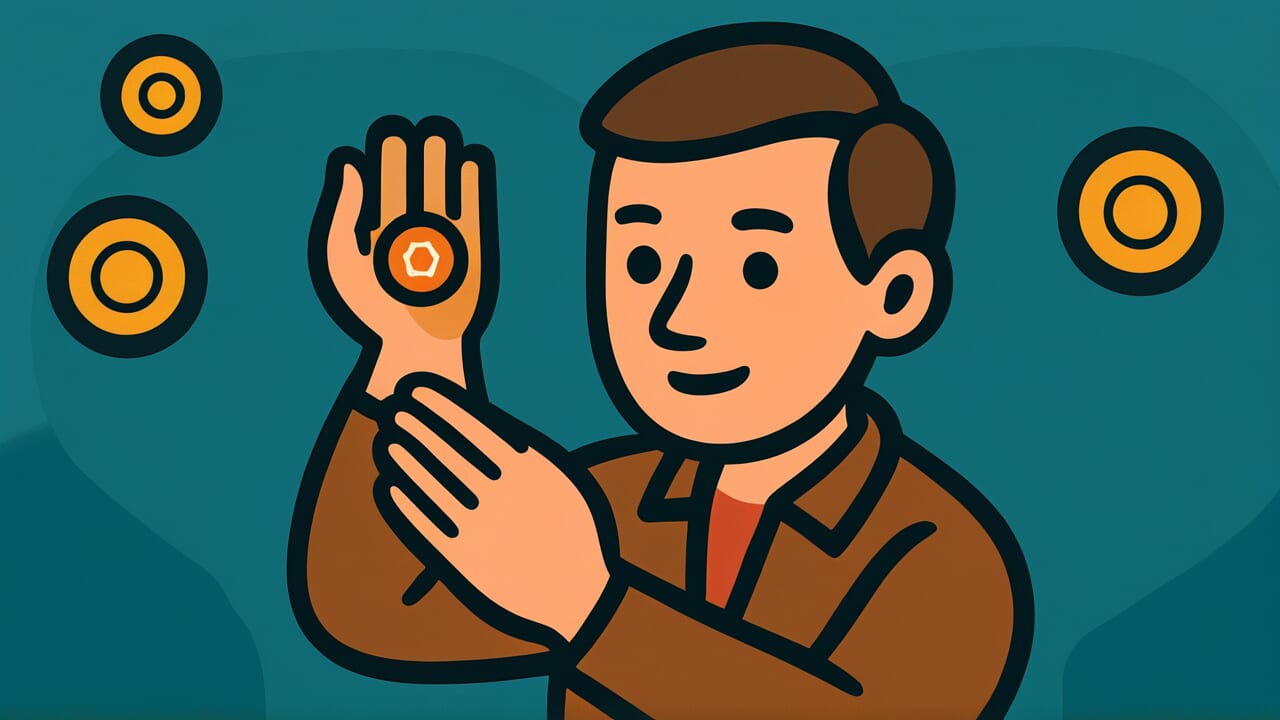How to Read “A poor person’s treasure is their child”
Azuri bimbōnin takara
Meaning of “A poor person’s treasure is their child”
“A poor person’s treasure is their child” describes a situation where no matter how hard someone works, they cannot escape poverty. Their earnings ultimately benefit others instead of themselves.
This proverb applies when someone works tirelessly but receives no reward. It points to an unfair structure where others exploit the fruits of one’s labor.
It’s not just about being poor. It describes the ironic situation where working harder doesn’t improve your circumstances. Instead, your labor makes others wealthy.
Even today, this applies to people who work long hours but never get ahead financially. Most profits go to managers or middlemen instead of the workers.
This proverb contains a critical view of social structures where effort isn’t fairly rewarded. It points to systemic problems, not just individual bad luck.
Origin and Etymology
The origin of “A poor person’s treasure is their child” lacks clear historical documentation. However, the structure of the phrase offers interesting insights.
First, consider the word “azuri.” This old term means “frantically” or “busily.” It describes working continuously without rest. It survives in various dialects as a vivid expression for rushing around busily.
The phrase “poor person’s treasure” contains deep irony. At first glance, it seems to mean “treasure for poor people.” But it actually means the opposite.
The wealth that poor people desperately create never becomes theirs. It becomes profit for others instead. The hardworking poor person becomes a “treasure” for the wealthy. This creates a paradoxical structure.
This proverb likely emerged during the Edo period’s class system and economic structure. Farmers and craftsmen could never become wealthy, no matter how hard they worked.
Taxes and exploitation prevented prosperity. The proverb sharply satirizes this social structure. It condenses the common people’s lament and criticism of this unfair system into a few short words.
Usage Examples
- I keep working as a temp, but it’s just “A poor person’s treasure is their child” – only the company profits
- Farmers work from dawn to dusk but earn little income, truly “A poor person’s treasure is their child”
Universal Wisdom
“A poor person’s treasure is their child” sharply addresses structural inequality that has existed in human society since ancient times. Why was this proverb created, and why does it still resonate today?
It captures a timeless truth: effort and reward don’t always match.
Everyone feels their labor deserves fair compensation. But reality shows that wealth distribution isn’t always fair. The structure separating workers from profit-earners has existed from ancient times to today, changing forms but persisting.
This proverb depicts the pain of that separation.
Interestingly, this isn’t just complaining. It contains insight into social structure. The term “person’s treasure” recognizes that workers have value to others.
It ironically points out that poor people’s labor actually supports society.
This phrase contains both the resignation of people who had to accept unfair situations and the spirit of resistance trying to speak out. Humans are creatures who feel injustice.
At the same time, putting it into words and sharing it saves us from loneliness.
When AI Hears This
The phenomenon where poorer people hoard things “just in case” can be explained as mental accounting errors. Behavioral economist Richard Thaler’s research shows people manage the same money in separate mental accounts.
They divide it into “daily expenses,” “special expenses,” and “future expenses.” In poverty, the “future expenses” account’s expected value inflates abnormally. People feel 100 yen today is worth less than an imaginary 1000 yen in the future.
The sunk cost effect makes this worse. For example, people keep unused 300-yen seasonings because they don’t want to waste that past expenditure. This tendency is stronger among the poor.
Kahneman’s research shows that lower-income people are 2.3 times more likely to let “wasteful” feelings dominate their decisions.
Interestingly, this behavior has rational aspects. When income is unstable, unused inventory serves as insurance. But in modern society, expiration dates and changing trends rapidly reduce that insurance value.
“Azuri” is a remnant of a once-effective strategy. It’s evidence that our brain’s accounting system hasn’t caught up with the times.
Lessons for Today
This proverb teaches you the importance of examining the direction of your efforts. Don’t just work hard. Maintain perspective to see whether that effort truly benefits you.
If you feel that working hard never improves your situation, it might not be lack of effort. The system or environment might be the problem.
Before blaming yourself, understand that structure and consider ways to change it. Exploring paths where you receive fair value for your labor isn’t running away. Consider job changes, skill development, side jobs, or entrepreneurship.
This proverb also questions society as a whole. Creating systems where people’s hard work is fairly rewarded is everyone’s responsibility.
As consumers, employers, or voters, we can make choices that realize fair value distribution.
A society where your efforts lead to your own happiness – let’s start by correctly recognizing the current situation to realize this goal.



Comments